widening of a blood vessel
 Cody cross answers - Widening of a blood vessel, can rupture - YouTube
Cody cross answers - Widening of a blood vessel, can rupture - YouTubeIs vasodilation good? Synopsis The short answer is, above all. vasodilation, or increased blood vessels, occurs naturally in your body when you need an increase in blood flow to body tissues. It is a normal process, but it can also be part of health problems. First let's see the vasodilation triggers you can recognize. There are many possible causes of vasodilation. Some of them include: AlcoholOne of the immediate effects of alcohol is vasodilation. This is one of the reasons why you can feel heat, sweat, or have discolored skin if you've been drinking. Exercise While you exercise, your muscle cells consume more and more energy, leading to a decrease in nutrients and increased molecules such as carbon dioxide. This can lead to vasodilation, as the muscles you are exercising require more nutrients and oxygen. InflammationInflammation may occur due to a variety of injuries, diseases or conditions. vasodilation occurs during the inflammatory process to allow greater blood flow to the affected area. This is what causes heat and redness associated with inflammation. Temperature You have receptors in your body called thermoceptors, which detect changes in the temperature of your environment. When your thermoceptors are collected in a greater amount of heat in your environment relative to the cold, vasodilation will occur. This leads a greater flow of blood to your skin in an effort to dispel any excess heat you are feeling. Vascularizing substances produced by the body There are many substances that your body produces that can lead to vasodilation. Examples include things such as nitric oxide and carbon dioxide, as well as hormones such as acetylcholine, prostaglandins and histamine. Vasodilator medications Medicines called vasodilators can cause your blood vessels to widen. They can act directly in the smooth muscle of the blood vessels or in their autonomic nervous system, which is the part of their nervous system that regulates vasodilation and vasoconstriction. vasodilation is the widening of your blood vessels. It happens when the smooth muscles found on the walls of the arteries or large veins relax, allowing the blood vessels to become more open. This leads to increased blood flow through your blood vessels, as well as a decrease in blood pressure. There are a variety of conditions that can lead to vasodilation. Then we will explore some examples and discuss why vasodilation is an important factor. Conditions or diseases that cause inflammationBrodiation is an important aspect of inflammation. It increases blood flow to the area and also increases permeability, or leakage, of the walls of the blood vessel. Both factors help immune cells to more effectively reach the affected area. Inflammation is a process that is meant to help eliminate our bodies of foreign invaders, but in some cases it may be harmful, such as severe allergic reactions and chronic inflammatory diseases. The vasodilation related to inflammation can be seen in the following scenarios: ErythromelalgiaErythromelalgia is a rare condition that can affect your hands and feet. Symptoms may include intense pain, heat, and redness in the affected area. In most people with the condition, symptoms are not constant, but occur intermittently. While what causes erythromelalgia is unknown, some evidence suggests that symptoms may be due to abnormalities in vasodilation and vasoconstriction. The vasodilation process naturally leads to a . This is due to the expansion of blood vessels, which leads to greater blood flow and therefore less pressure on the walls of the blood vessels. The blood pressure that is abnormally low is known as hypotension. Hypotension cannot cause problems for some people, but for others it can lead to symptoms such as dizziness, fainting and nausea. Extreme levels of hypotension can be life threatening. Several conditions can cause hypotension, including severe allergic reactions (anaphylaxis), blood loss, dehydration, and severe infection. Certain medicines, particularly those used to treat high blood pressure, may also lead to hypotension. A variety of environmental and personal factors can also have an impact on vasodilation, including: Temperature Vasodilation occurs when you are exposed to warmer temperatures. It helps direct a higher flow of blood to your skin to keep the central body temperature at a normal level. Prolonged exposure to high temperatures can affect your body's ability to regulate your temperature, leading to conditions such as heat exhaustion and heat stroke. Elevation As you move to higher elevations, there is less oxygen available in the air you breathe. Your body initially responds to this lack of oxygen through vasodilation, allowing more blood flow to your tissues. However, this is followed by vasoconstriction. The accompanying vasoconstriction may cause increased blood pressure, as well as fluid accumulation in tissues such as the lungs. This condition is called high-altitude pulmonary edema and can be life-threatening. The condition may be treated with vasodilating drugs or supplemental oxygen. AgeThe increase in age is associated with a decrease in the function of blood vessels, including vasodilation. This can contribute to the risk of cardiovascular events such as heart disease and strokes. WeightPeople who are obese have been observed to have vasodilation dysfunction. In an obese individual, blood vessels are more resistant to vasodilation, which can lead to cardiovascular problems. Weight loss can help relieve vasodilation dysfunction. vasodilator medications are medicines that can cause vasodilation. Many can act directly in the smooth muscle found on the walls of the blood vessels. Others may act on the part of the nervous system that regulates vasodilation and vasoconstriction. Because vasodilation decreases blood pressure, doctors often prescribe vasodilators for conditions such as high blood pressure or heart failure. Some vasodilators are strong medications and may cause side effects such as fast heartbeat, fluid retention and washing. Viagra is an example of a medicine that affects vasodilation and is not used primarily for treating high blood pressure. It helps treat erectile dysfunction affecting the biological pathways leading to smooth muscle vasodilation. This leads to increased blood flow to the penis. Secondary use for Viagra is to treat some forms of high blood pressure. is the opposite of vasodilation. While vasodilation is the increase of blood vessels, vasoconstriction is the narrowing of blood vessels. It's because of a muscle contraction in the blood vessels. When vasoconstriction occurs, the blood flow to some of the body's tissues is restricted. Your blood pressure also increases. vasodilation occurs naturally in your body in response to triggers such as low oxygen levels, a decrease in the available nutrients and temperature increases. It causes increased blood vessels, which in turn increases blood flow and decreases blood pressure. Although vasodilation is a natural process, there are situations in which it can be harmful, such as severe hypotension, allergic reactions and strong inflammatory responses. In addition, factors such as age and weight can also negatively affect vasodilation. However, vasodilation induction can be a valuable tool to treat conditions such as high blood pressure and even high altitude disease. Last medical review on November 1, 2018Read this following

Cody cross answers - Widening of a blood vessel, can rupture - YouTube

Widening of a blood vessel, can rapture (CodyCross Crossword Answer) - YouTube

Cody cross answers - Widening of a blood vessel, can rupture - YouTube

Vasodilation - Wikipedia

▷ Widening of a blood vessel, can rupture 【Answer】 - CodyCross

What is a difference between vasodilation and vasodilatation? - Quora

Widening of a blood vessel can rupture Answers - CodyCrossAnswers.org

Cody cross answers - Widening of a blood vessel, can rupture - YouTube

Cody cross answers - Widening of a blood vessel, can rupture - YouTube
STOCK IMAGE, angioplasty is the mechanical widening of a narrowed or totally-obstructed blood vessel this image shows various stagesof this process a balloon catheter is moved into or near t he blockage

Biology of the Blood Vessels - Heart and Blood Vessel Disorders - MSD Manual Consumer Version

Nitric Oxide and Blood Flow - FitnessGenes®

Vasodilation: Your Blood Vessels Opening
Everything You Need to Know About Blood Vessel Removal – SLMD Skincare by Sandra Lee, M.D. - Dr. Pimple Popper
STOCK IMAGE, angioplasty is the mechanical widening of a narrowed or totally-obstructed blood vessel a balloon catheter is moved into or near the blockage the balloon is inflated to place a device

CodyCross Under The Sea Group 25 Puzzle 5 CodyCross - Under The Sea - Widening of a blood vessel, can rupture - AnswersMob.com

Blood Vessel Symptoms - Symptoms, Causes, Treatments

Widening of a blood vessel. What are Blood Vessels?
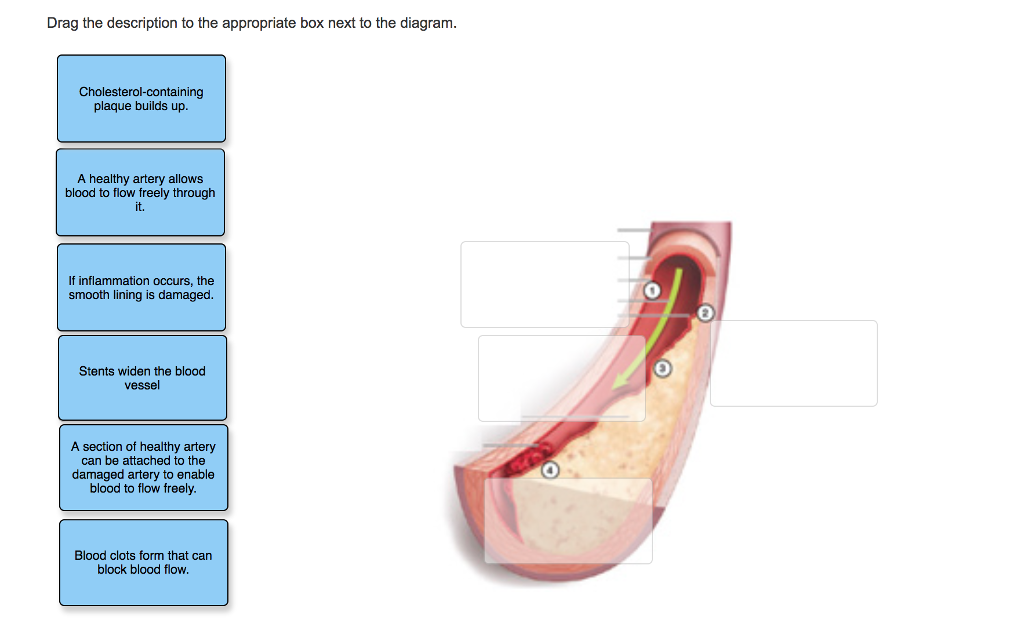
Solved: Drag The Description To The Appropriate Box Next T... | Chegg.com

Blood Vessels ( Read ) | Biology | CK-12 Foundation

Varicose Veins - Heart and Blood Vessel Disorders - MSD Manual Consumer Version
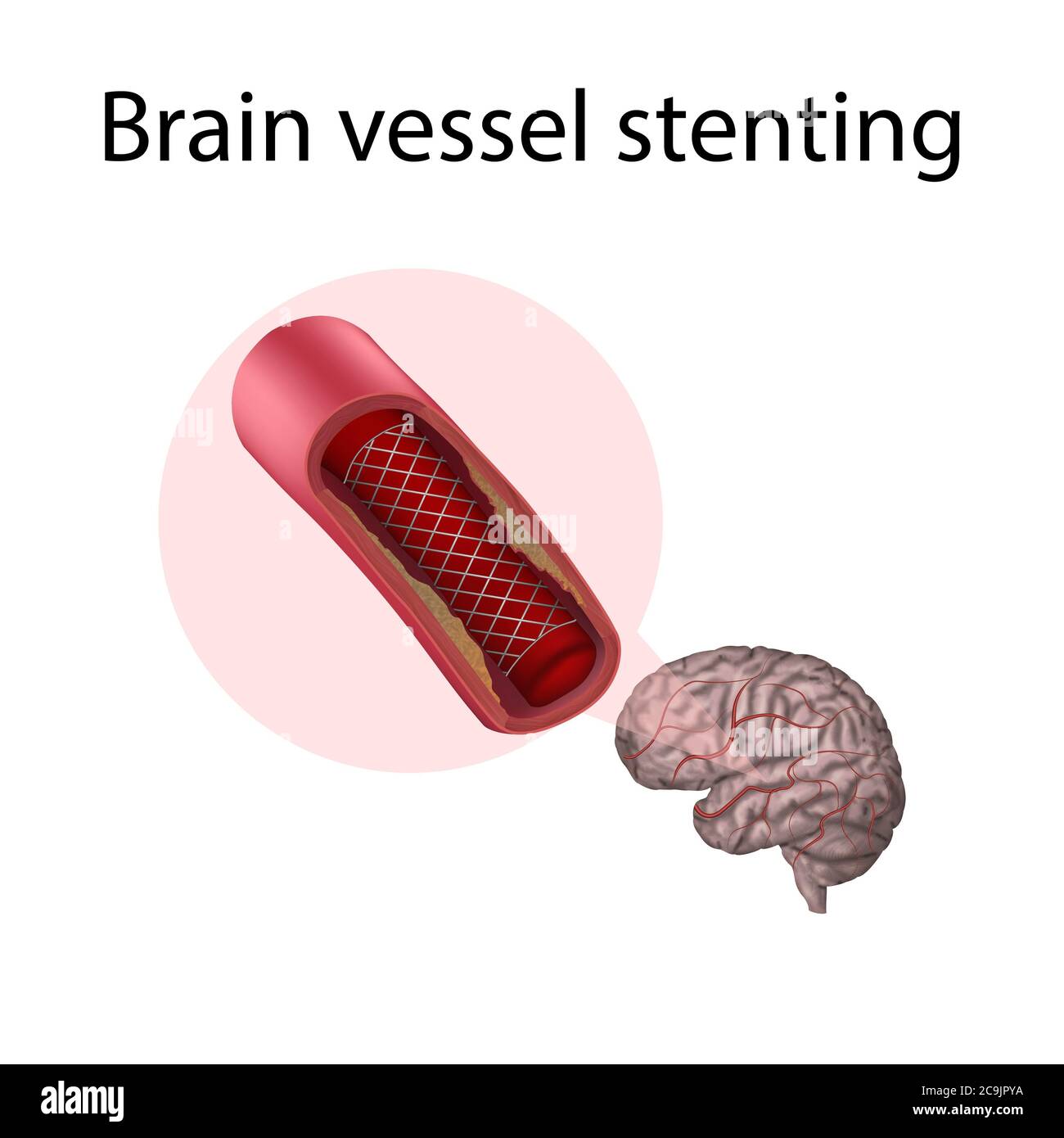
Blocked Blood Vessel High Resolution Stock Photography and Images - Alamy

Blood Vessels | Biology for Majors II
Study: What causes blood vessels to expand during exercise?
STOCK IMAGE, angioplasty is the mechanical widening of a narrowed or totally-obstructed blood vessel the balloon catheter is moved into or near the blockage the balloon is inflated opening the blocked vessel

Abdominal Aortic Aneurysm Causes, Treatment, Symptoms & Survival Rate

The 14 Best Foods to Increase Blood Flow and Circulation
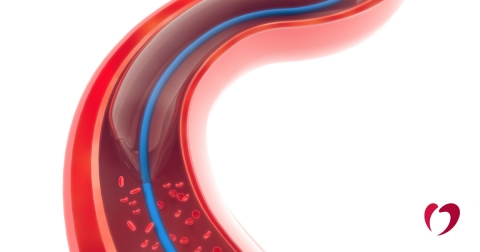
Angioplasty and stents to open blocked blood vessels | Oklahoma Heart Hospital

Biology of the Blood Vessels - Heart and Blood Vessel Disorders - Merck Manuals Consumer Version

See our information on coronary angioplasty - BMJ Group
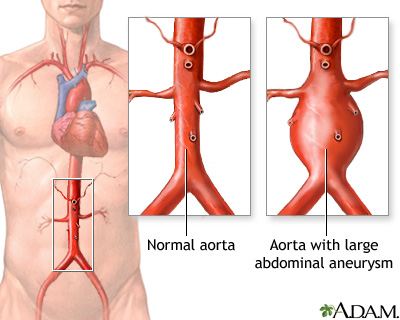
Aortic dissection: MedlinePlus Medical Encyclopedia
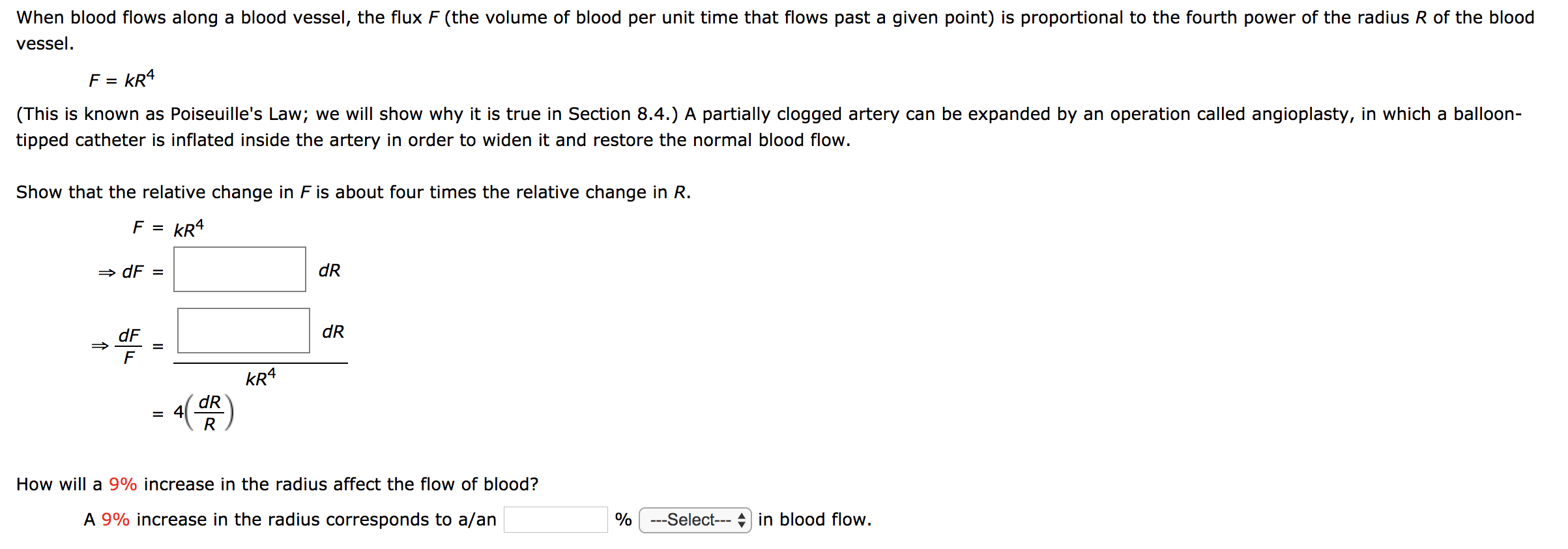
Answered: When blood flows along a blood vessel,… | bartleby

Solved: When Blood Flows Along A Blood Vessel, The Flux F ... | Chegg.com

Pin on Products I Love
The endothelial cells form a one-cell thick walled layer called endothelium that lines all of our blood vessels such as arteries, arterioles, venules, veins and capillaries. Smooth muscle cells layer beneath the endothelial cells to form the blood vessel. The ...

Widening of a blood vessel. What are Blood Vessels?

Salty foods may restrict blood vessels from widening | PotatoPro
UCLA Health on Twitter: "An aneurysm is a localized bulge or widening of blood vessel caused by weakness in the wall of the vessel #UCLANeurosurgery #UCLAMDCHAT… https://t.co/xTQUaM8HuF"
STOCK IMAGE, angioplasty is the mechanical widening of a narrowed or totally-obstructed blood vessel this image shows various stagesof this process a balloon catheter is moved into or near t he blockage
Posting Komentar untuk "widening of a blood vessel"